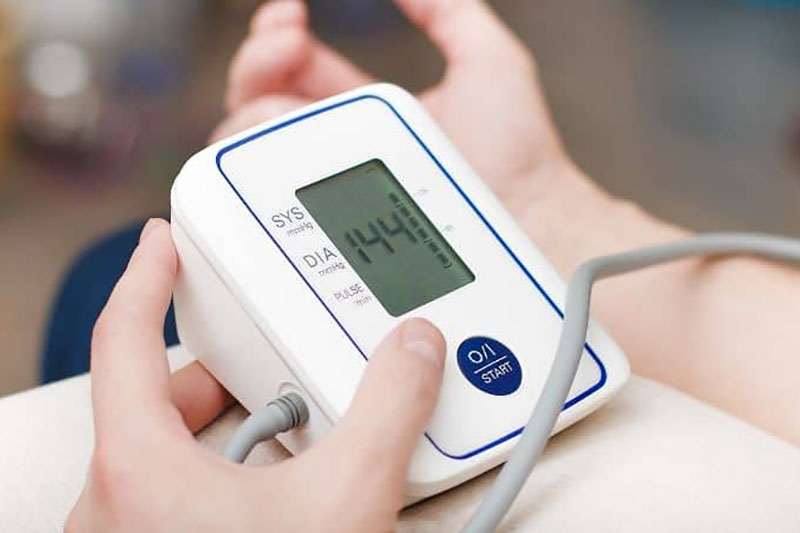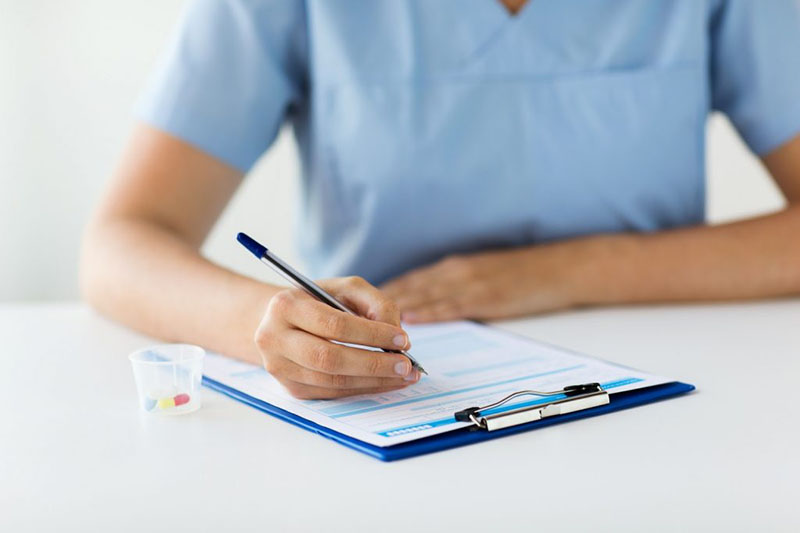When the pressure of the blood that is exerted against the walls of the blood vessels after and during every heart beat is lower than normal, you have low blood pressure. This can result in insufficient blood flow to the important body organs like the heart and the brain. And this can lead to various low blood pressure symptoms.
You may detect low blood pressure symptoms during the use of various drugs such as those used for surgery, anti-anxiety agents, treatment for high blood pressure, diuretics, heart medicines, antidepressants, narcotics, alcohol, and other types of drugs. You may notice the low blood pressure symptoms also because of dehydration, heart failure, or heart attack, anaphylaxis, shock, diabetes (especially in advanced stage), etc.
The most common low blood pressure symptoms are dizziness and lightheartedness. But there are other low blood pressure symptoms, and they are: a tendency to faint, black or maroon stools, chest pain, wheezing, irregular heart beat, consistent high fever, head ache, back pain, or stiff neck. If you happen to spot any of the low blood pressure symptoms, it is recommended that you consult a doctor as soon as possible.
Because of low blood pressure not enough blood reaches to all parts of the body and thus the cells do not receive the correct amount of oxygen and nutrients. Therefore, the waste products in the blood are not removed.
Don’t overlook the risk of low blood pressure if you cough with phlegm or if you are suffering from prolonged diarrhea, or if you are unable to eat or drink, or if you experience burning urinary symptoms or even if you are taking new medicines, because all these are low blood pressure symptoms.
When you start experiencing low blood pressure symptoms remember that the brain is the first organ to malfunction in such situations because it’s located at the top of the body and as a result you will experience dizziness or even fainting. You should be aware that if you don’t treat low blood pressure seriously it might lead to brain damage.
When you have low blood pressure, blood is not adequately supplied to the heart muscles and therefore breathlessness and chest tightness forms one of the common low blood pressure symptoms. When you have prolonged low blood pressure all organs start malfunctioning and this leads to shock.
You must take precautionary measures to avoid the situation from getting worse when you have low blood pressure and you must take your doctor’s advice. You must try to be more physically active and must try to lose weight. You should also maintain a healthy diet and limit your alcohol intake. All these will help you to keep your low blood pressure symptoms under control.
In spite of all the harmful aspects of low blood pressure, researchers say that it is better than high blood pressure because people experiencing low blood pressure symptoms tend to live longer than people suffering from high blood pressure symptoms do.
If you suspect you are suffering with low blood pressure you should consult your primary care physician straight away.


